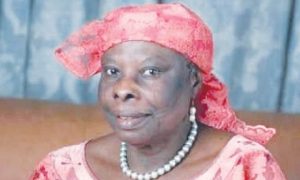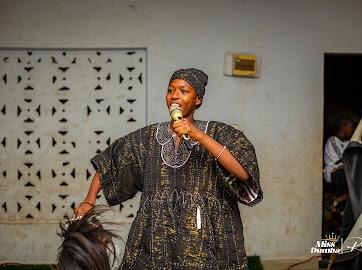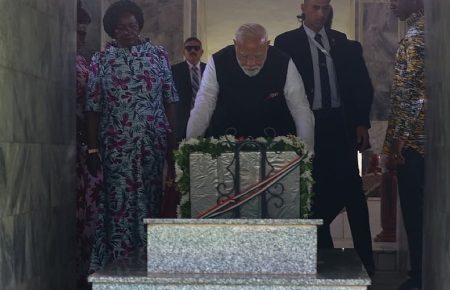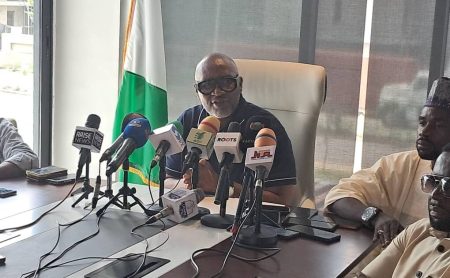The New Patriotic Party (NPP) is gearing up for a parliamentary re-run in the Ablekuma North constituency, a contest that has become a focal point of political tension in Ghana. Richard Ahiagbah, the NPP’s National Communications Director, has exuded confidence in their candidate, Nana Akua Owusu Afriyie, predicting a decisive victory against the National Democratic Congress’s (NDC) Ewurabena Aubynn. However, the backdrop of this electoral rematch is marked by accusations against the Electoral Commission (EC) and concerns about the integrity of the electoral process. Ahiagbah has publicly criticized the EC, alleging that the decision to hold a re-run in Ablekuma North is a result of succumbing to pressure from the NDC and the government. This criticism stems from what the NPP perceives as inconsistent application of electoral rules, comparing the Ablekuma North situation to a previous case in Dome Kwabenya, where the NDC candidate was declared the winner without a similar re-run.
The heart of the controversy lies in the EC’s decision to hold a re-run in 19 out of the 37 polling stations in Ablekuma North. The constituency has been without a parliamentary representative since the 2024 general elections, a situation that underscores the significance of this re-run. The EC’s decision followed a meeting with representatives from both the NPP and the NDC, where the two parties presented differing views on how to resolve the electoral impasse. The NDC advocated for a complete re-run across all 37 polling stations, while the NPP argued for collating and declaring the results from the remaining three polling stations. The EC’s decision to opt for a partial re-run in 19 stations has drawn the ire of the NPP, fueling their allegations of bias and undue influence.
The NPP’s criticism of the EC centers on the perceived disparity in handling the Ablekuma North and Dome Kwabenya cases. They argue that the EC’s decision in Ablekuma North deviates from the precedent set in Dome Kwabenya, where a re-run was not deemed necessary. This alleged inconsistency has led the NPP to accuse the EC of bowing to pressure from the NDC and the government, thereby compromising the impartiality and fairness of the electoral process. Ahiagbah’s statement reflects the NPP’s deep-seated concerns about the EC’s handling of the situation, raising questions about the transparency and integrity of the upcoming re-run. The party’s insistence on “victory no matter what” suggests a determination to overcome what they perceive as an unfair playing field.
The Ablekuma North re-run, scheduled for July 11th, is now fraught with political tension and accusations of bias. The EC’s decision, while aimed at resolving the electoral stalemate, has inadvertently fueled the political divide between the NPP and the NDC. The NPP’s public criticism of the EC adds another layer of complexity to the already sensitive political landscape. The outcome of the re-run will not only determine the parliamentary representation for Ablekuma North but also have wider implications for the perception of the EC’s impartiality and the overall integrity of the electoral process in Ghana.
The EC’s explanation for the re-run emphasizes the need to address discrepancies and ensure the accuracy of the electoral outcome. However, the NPP’s allegations of bias and inconsistency raise serious questions about the transparency and neutrality of the EC’s decision-making process. The differing positions of the two parties, with the NDC advocating for a full re-run and the NPP preferring to collate existing results, further highlight the deep-seated political divisions surrounding the Ablekuma North election. This situation underscores the importance of a robust and impartial electoral system to ensure public trust and confidence in the democratic process.
The upcoming re-run in Ablekuma North is more than just a local election; it represents a test of Ghana’s electoral system and the EC’s ability to navigate complex political situations. The NPP’s strong accusations against the EC and their unwavering confidence in victory, despite the perceived challenges, set the stage for a closely watched and potentially contentious electoral contest. The outcome of this re-run will have significant implications for the political landscape in Ghana and the future relationship between the political parties and the Electoral Commission. It is crucial for all stakeholders to prioritize transparency, fairness, and adherence to established electoral rules to ensure a credible and peaceful electoral process.














